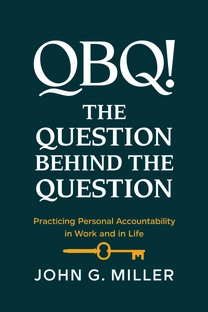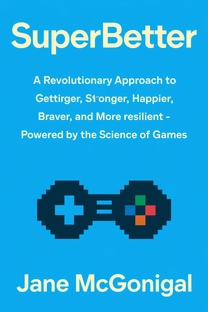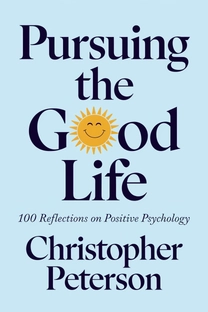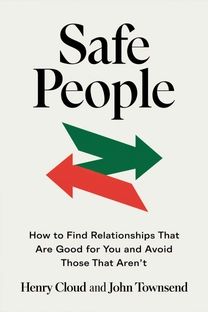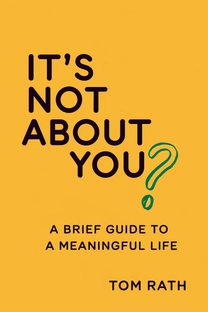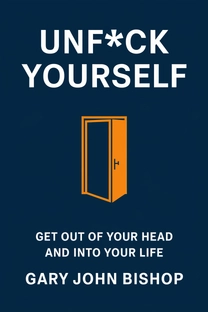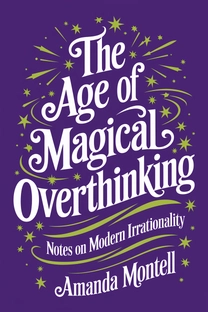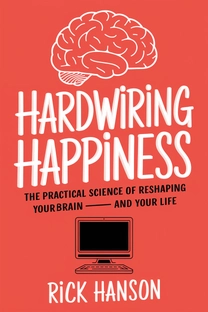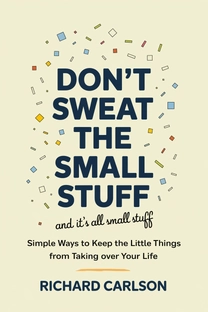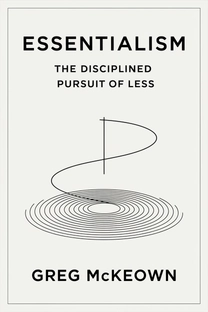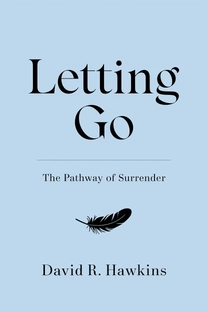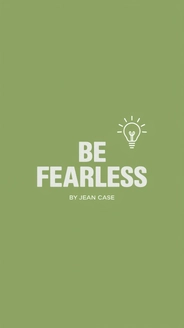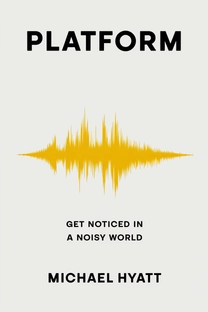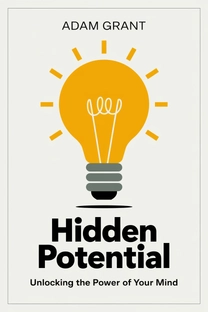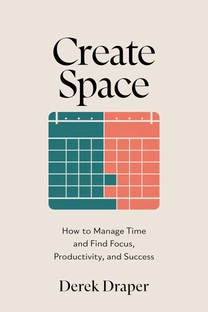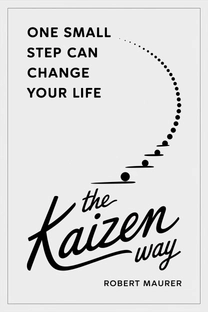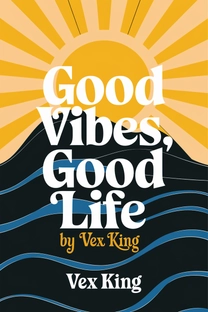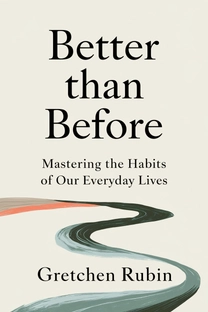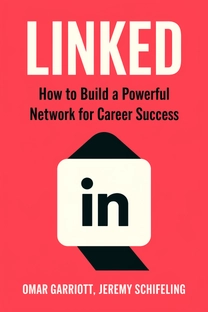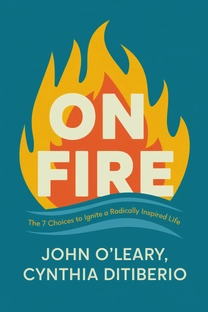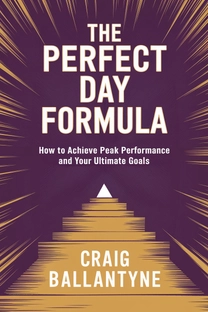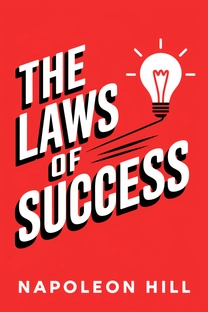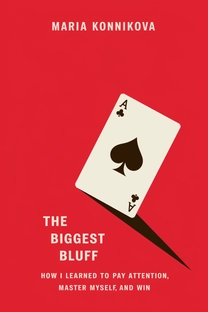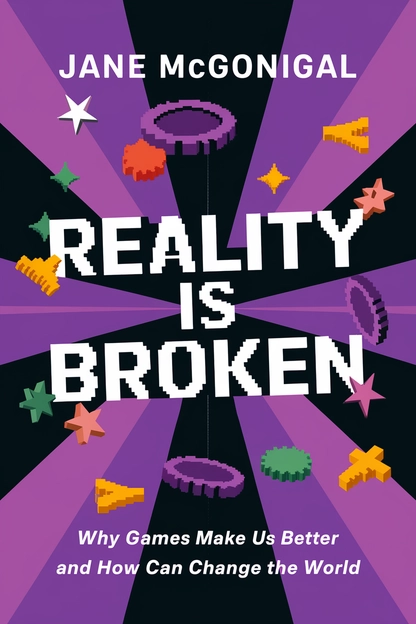
Reality Is Broken
Why Games Make Us Better and How They Can Change The World
by Jane McGonigal
Brief overview
This book explores how games can bring out our best skills, foster collaboration, and inspire a greater sense of meaning in everyday life. It shows why so many people devote time to virtual challenges and how that same motivation can be applied to real-world projects.
Introduction
We often see games as pure entertainment. Yet this book shows that games can do much more than amuse us: they can help us learn resilience, deepen social connections, and tap into positive emotions. By investigating what keeps gamers so engaged, it demonstrates how these elements can be applied to real life.
From housework to global issues, voluntary challenges are surprisingly powerful motivators. Drawing on research and examples, we see why games can shift our mindset, making us more optimistic about our abilities. The stage is set for us to discover how game-thinking transforms our experiences.
Why Games Feel Better Than Reality
Games provide structured goals, instant feedback, and clear rules, making even difficult tasks feel doable. Compared to everyday life, where progress can be invisible or slow, games show us exactly how we’re improving. This immediate sense of achievement is highly addictive and can make us happier day to day.
Flow, or being fully immersed, is easier to achieve in games because the challenges match our skill level and push us further. As a result, we’re driven to keep practicing. Games elevate optimism by showing us we can succeed through effort and strategy, a lesson that can empower us outside the game.
What is Reality Is Broken about?
In "Reality Is Broken: Why Games Make Us Better and How They Can Change the World," Jane McGonigal sheds light on the transformative potential of video games beyond mere entertainment. Exploring the psychological depth and social power embedded within gaming, McGonigal proposes that games can be harnessed to foster resilience, creativity, and community engagement in real-world scenarios. Through a blend of research and compelling narratives, the book showcases how gaming principles can be applied to everyday life to increase happiness and motivation.
Central to McGonigal's thesis is the idea that games create environments where challenges are met with optimism, teamwork is organic, and purpose is constantly reinforced. She argues that the structured goals and instant feedback inherent in gaming can reshape our understanding of motivation and achievement, offering a model to overcome the setbacks and monotony of daily routines. With its insightful exploration of play and human behavior, "Reality Is Broken" pushes us to rethink the value of games in both personal development and societal progress.
Why does this book matter? By confronting the myths surrounding gaming, McGonigal demonstrates its potential to influence positive change in individuals and communities. From bolstering mental health to unlocking collaborative problem-solving on a global scale, games emerge as a tool not just for fun, but for creating a better future.
Review of Reality Is Broken
Reality Is Broken stands out for its astute blend of engaging prose and rigorous research, merging playful examples with academic insight to examine games' beneficial roles in our lives. One of the book's greatest strengths is its optimistic outlook—portraying video games, not as escapism, but as platforms for growth and connection. McGonigal's narrative is both imaginative and rooted in practicality, providing a vivid account of how games can inspire real-life improvements.
McGonigal argues persuasively that the collaborative nature of games cultivates essential skills like resilience, empathy, and problem-solving. She makes a compelling case for using game design principles to transform mundane activities into captivating experiences with clear goals and rewarding progress. This paradigm shifts mundane chores into opportunities for personal achievement, proving especially relevant for educators, leaders, and anyone seeking increased motivation.
Furthermore, McGonigal's writing is accessible, making complex ideas easy to absorb while offering readers actionable strategies to apply these lessons. Her exploration of gaming culture shatters stereotypes, presenting it as a vibrant community full of potential. The book is not just a recommendation but a call to view games as a powerful ally in improving our collective future.
Who should read Reality Is Broken?
- **Professionals in Education**: Educators will find innovative techniques for engaging students, transforming classroom tasks into interactive learning adventures to enhance participation and retention.
- **Mental Health Practitioners**: The book provides insights into how game principles can be applied therapeutically to boost motivation and emotional well-being.
- **Leaders in Corporate and Non-Profit Sectors**: Offers valuable frameworks for improving team dynamics, productivity, and morale through game-inspired methodologies.
- **Gamers and Game Designers**: Readers interested in gaming culture will discover new perspectives on how games influence human behavior and drive positive change.
- **Social Innovators and Activists**: The transformative potential of games highlighted in the book will appeal to those committed to fostering community engagement and addressing societal challenges.
About the author
Book summaries like Reality Is Broken
Why readers love Mindleap
10-Minute Book Insights
Get the core ideas from the world's best books in just 10 minutes of reading or listening.
Curated For You
Discover your next favorite book with personalized recommendations based on your interests.
AI Book ExpertNew
Chat with our AI to help find the best book for you and your goals.
Reviews of MindLeap
Love how I can get the key ideas from books in just 15 minutes! Perfect for my busy schedule and helps me decide which books to read in full.
Alex R.
The summaries are incredibly well-written and the audio feature is perfect for my commute. Such a time-saver!
Jessica M.
Great app for personal growth. The insights are clear and actionable, and I love how they capture the essence of each book.
Chris P.
The app is beautifully designed and the summaries are top-notch. Definitely worth every penny!
Sarah K.


